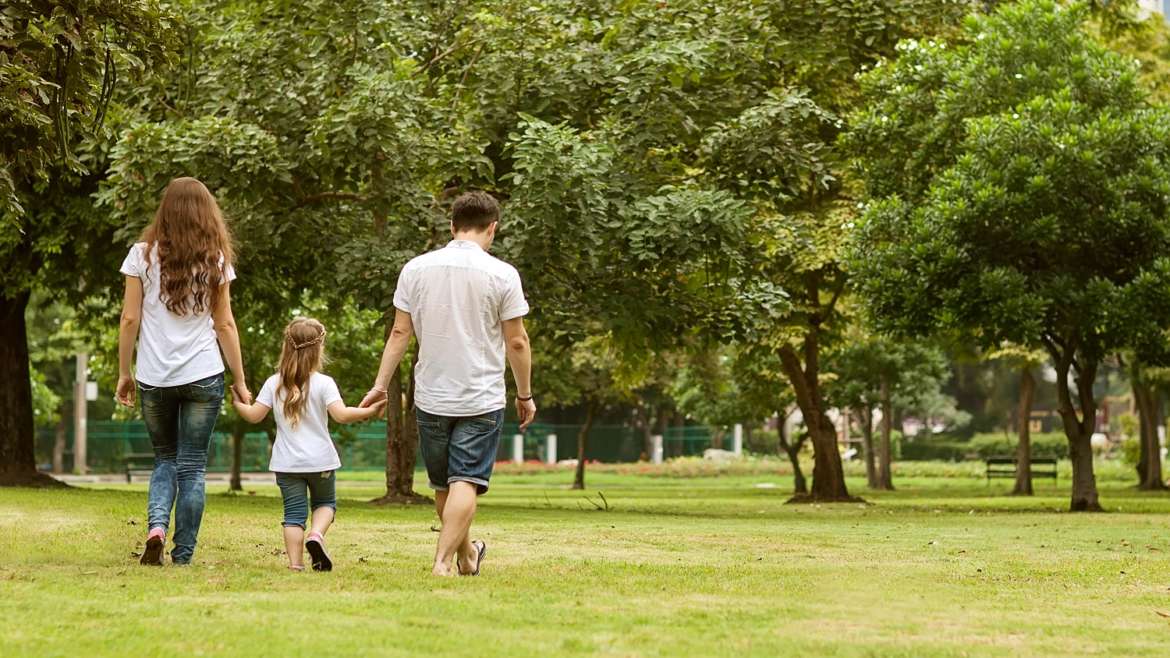Vitamin D is one of the most important vitamins in our daily lives. It helps control the level of phosphate and calcium in our bodies, which means your body uses vitamin D to absorb calcium and promote bone growth.
Why is vitamin D important?

Having too little vitamin D affects how well your body absorbs calcium and phosphorus. In children a vitamin D deficiency can cause rickets, where leg bones bend and malform. In adults, a lack of Vitamin D can cause osteomalacia, which is where your bones soften and weaken, and they can become painful.
In many cases, early osteomalacia is not evident as it produces no external signs and symptoms. It is only as it progresses into the later stages that the painful and tender bones become apparent.
How to get more Vitamin D
The best way to get more vitamin D is to go outdoors! It’s made under our skin in reaction to the summer sunlight. Wait though! This doesn’t mean covering yourself in oil and laying out in the sun all day! Around 90% of all we absorb is from natural sunlight. It is estimated that around 10-15 minutes of exposure, without sunscreen is all that is required each day. Staying out longer than this can lead to your skin burning, and is unlikely to actually lead to more vitamin D being absorbed.
If you have darker skin you’ll need to be exposed to the sun for longer to produce vitamin D. Also, if you’re housebound, pregant, breastfeeding, or over 65 you may need to take vitamin D supplements to help your body get the required amount of vitamin D.
Start now!
The best time to increase your levels of vitamin D is between March and October. In the UK, our bodies can’t make vitamin D between November and February as there isn’t enough UVB radiation in the sunlight. This means the stores we build up during spring and summer get depleted during the winter months, which is why it’s so important to ensure you get outside during the summer.
Food
Vitamin D can also be found in:
Oily fish like salmon and tuna
Eggs
Cheese
Meat
Milk is not a good source of vitamin D as it isn’t fortified in the UK. (In some countries milk is fortified).
So next time the sun is shining, go outdoors for a quick stroll and you’ll get a change of scene, some light exercise and your dose of vitamin D!
Milk is not a good source of vitamin D as it isn’t fortified in the UK. (In some countries milk is fortified).
So next time the sun is shining, go outdoors for a quick stroll and you’ll get a change of scene, some light exercise and your dose of vitamin D!



Add Comment